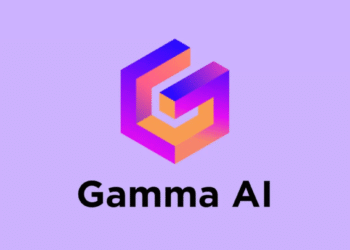Zone, the Nigerian blockchain payment infrastructure company, is setting its sight on a bold vision: Creating a regulated Ethereum-like blockchain where governments, financial institutions and fintechs can operate under one roof with compliance baked into the network itself.
Imagine a world where blockchain technology runs with the full cooperation of regulators. Instead of paying gas fees in ETH, users would pay in naira. Regulators wouldn’t just observe from outside, they would actively participate , approve smart contracts and ensure rules are enforced by default. That’s the world ZONE is trying to build.
A Vision Beyond Payments
Zone already helps Nigerian banks process payments directly on its blockchain network without needing a traditional switch like Interswitch or eTranzact. This system makes it easier to resolve transaction issues because all parties can see the same real-time data.
Now, Zone wants to expand this model globally. Co-founders Obi Emetarom and Wale Onawunmi believe a regulated blockchain network could bridge the gap between slow, costly traditional finance and fast, unregulated decentralised finance (DeFi). Their white paper proposes a system where regulation becomes part of the code where every transaction, token and smart contract follows government rules automatically.
How It Works
Zone’s proposed blockchain functions like Ethereum but limits participation to licensed entities. Only approved developers and institutions can launch apps, issue tokens or run validator nodes. Smart contracts and tokens go through automated and regulator-led screening before deployment. The platform uses stablecoins backed by real money, such asCBDCs or naira instead of volatile cryptocurrencies like ETH or BTC.
Users still control their wallets and assets, but every transaaction gets tracked within a regulated framework. Lending products and financial services operate via smart contracts, but regulators ensure thase contracts are safe and fair before going live.
Regulation Meets DeFi
Zone wants to replace the current trust gap in crypto with built-in transparency and oversight. For example, a DeFi lending platform on Zone’s blckchain would run on code that regulators have already approved which is protecting users from scams and hidden backdoors. If developers want to update the cide, they must go through the same process again.
Zone’s ideas are ambitious. Earlierprojecta like R3 Corda, Quorum and Hyperledger made similar promises but most end up in private test phases or failed to gain traction. One of the key hurdles remains interoperability and regional politics. Zone claims its support for Solidity, Ethereum’s smart contract language, could solve the technical issues.
Adoption will depend on something much harder to program: trust and cooperation among regulators, especially in Africa where political bottlenecks have slowed progress in fintech collaboration.
If Zone pulls it off, it could offer a powerful way to unite the speed of blockchain with the safety of regulation, a true path between chaos and control.
READ MORE:
Ex Microsoft and Interswitch Executives Build AI Sales Tool Tailored For African Businesses
UN Raises Alarm Over Global Spread of Cyberfraud Networks from Southeast Asia




